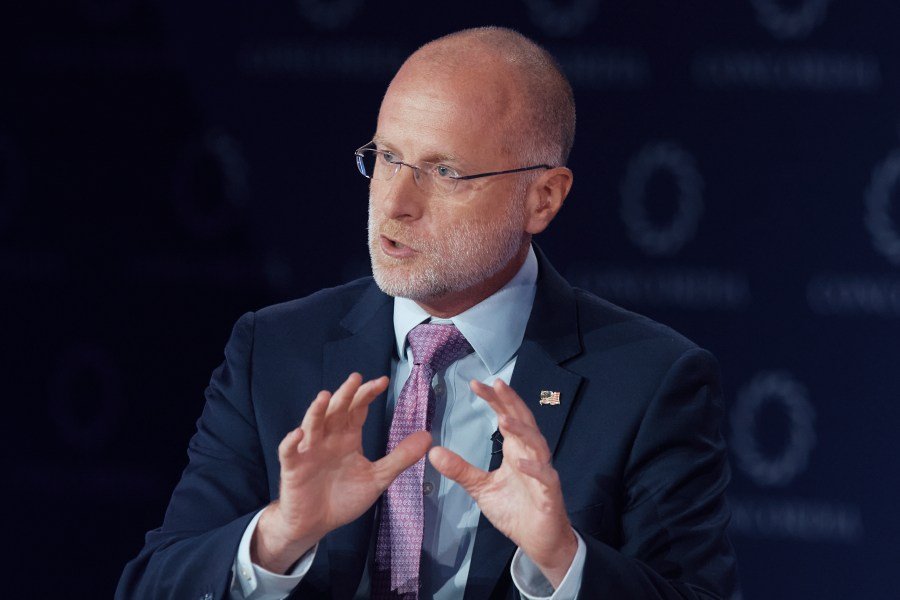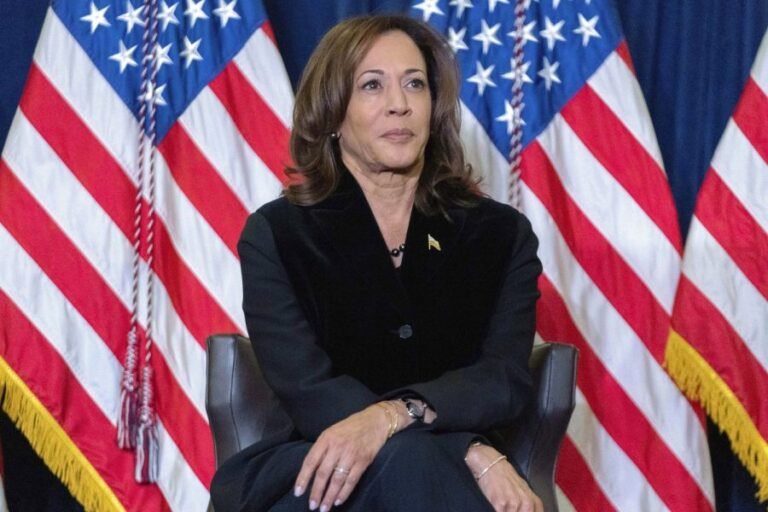
The same year Facebook launched, Congress and the FCC set an arbitrary 39 percent cap on household reach for television broadcasters. Such ownership limits were created before Twitter, Instagram, Spotify or YouTube had even launched. There were no iPhones or streaming services at that time. This regulation was spawned in an era when access to information was far more limited than it is today.
Two decades later, the situation is very different. The government doesn’t limit the audience reach of these social media platforms — nor should it. In an era of ubiquitous digital platforms, algorithms shaping what individuals consume, and billion-dollar content investments, the government should allow every sector of the communications industry, especially those long-committed to serving local communities, to reach consumers and compete in the marketplace.
It is time to delete this rule and free broadcasters to better compete in today’s very diverse information marketplace.
The FCC should not stop there. It should also repeal a similar arcane limit on radio station ownership, In addition, it should delete an outdated rule known as the dual network prohibition, which prevents American broadcast networks from combining, and it should eliminate the local TV ownership cap.
Together, these old regulations force American media companies to operate under rigid restrictions that block their ability to grow and compete against global technology platforms dominating the landscape, which have the unregulated ability to scale and reach up to 100 percent audience saturation across markets.
These rules might have once made sense to protect the diversity of news content at the local level. But they are hardly applicable in today’s fast-growing media environment, where streaming is the default term in conversations about what people are watching. The result is an uneven playing field that penalizes local broadcasters that we all rely upon for life-saving emergency alerts, community news with a local lens, and broader public service programming.
As former leaders of the House Energy and Commerce Committee — the relevant committee with jurisdiction over the Federal Communications Commission — we firmly believe the Commission has unequivocal authority to address these challenges. The agency holds broad regulatory discretion to ensure that our media institutions serve the American people in accordance with the Communications Act of 1934.
Since 2000, congressional Democrats and their appointed officials have consistently opposed efforts to relax regulations that aim to expand local broadcasters’ ability to compete. They have fought to block any increase to or elimination of the 39 percent ownership cap and have dissented against reinstating realistic rules such as the UHF discount, which gives broadcasters fairer credit for their actual reach.
Each attempt to block reform has been framed as a defense of diversity of viewpoints and local journalism. Yet this very obstruction now endangers both. By keeping broadcasters capped as if it were still 2004, policymakers are weakening their ability to reinvest in local news, expand operations, and compete in today’s video market.
Thankfully, it appears the tide is turning. FCC Chairman Brendan Carr, long an advocate for regulatory reform, has recognized the need for action and has opened a review of these limits. This is a welcome move by the agency, aligning with President Trump’s deregulatory agenda, which will bring our nation’s media landscape into the 21st century.
It is 2025, and the federal government should free media companies to compete in a global, digitally integrated environment that regulators never imagined in 2004. The FCC must continue its efforts to modernize these onerous ownership rules and uphold its mandate to truly protect the public interest. Otherwise, the regulatory vise will continue to tighten and constrict broadcasters — one of America’s most essential and trusted sources of information.
Cathy McMorris Rodgers, Greg Walden and Fred Upton, all Republicans, each chaired the House Energy and Commerce Committee while serving in Congress. Walden is chairman of Alpine Advisors whose clients include FOX and other media companies.
Editors’ note: Nexstar, The Hill’s parent company, is a major broadcast ownership group with a stake in the issues discussed in this op-ed.


